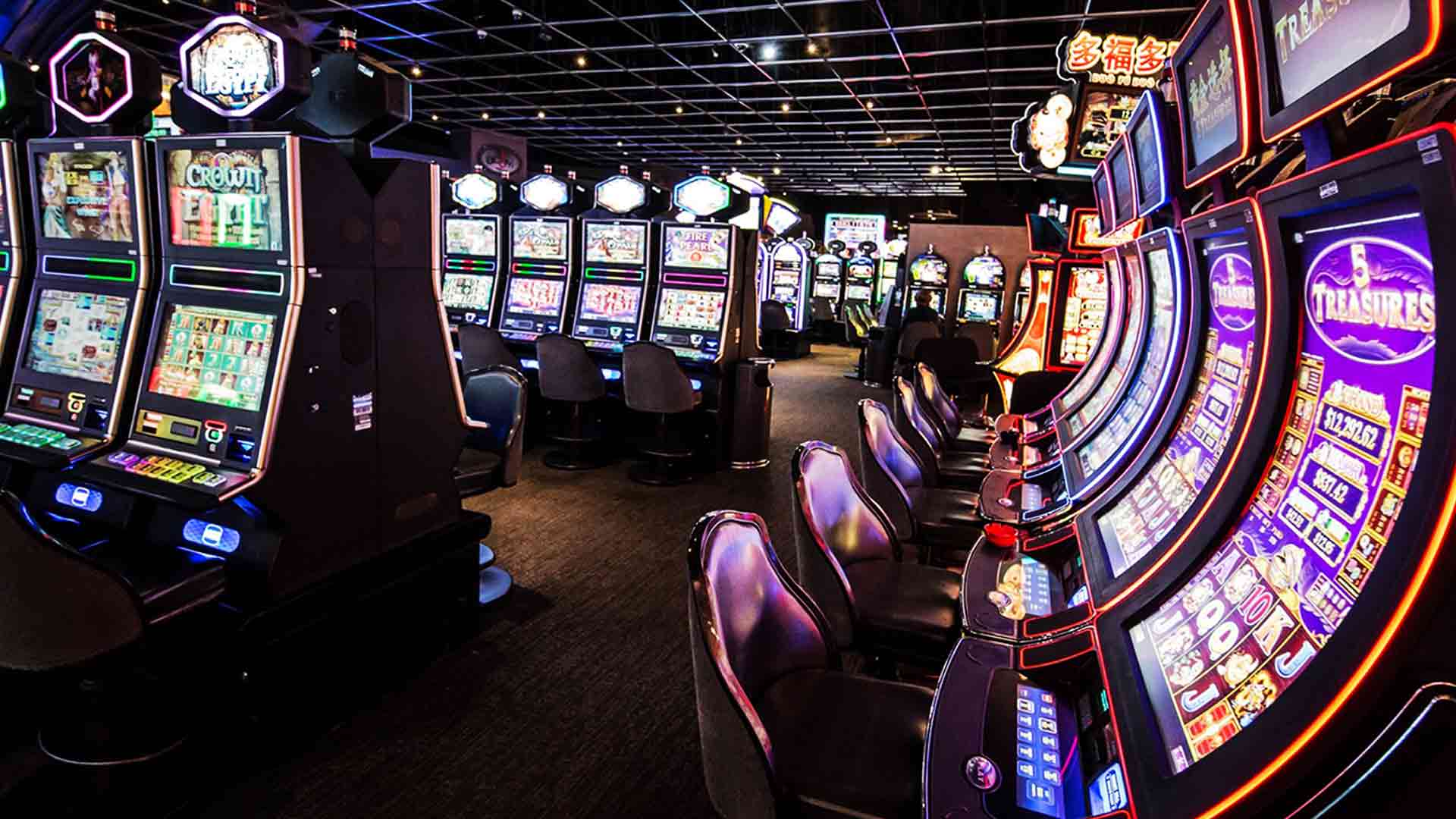The Rise of Skill-Based Casino Games

The Rise of Skill-Based Casino Games
The landscape of the casino industry is undergoing a profound transformation, moving beyond the traditional reliance on pure chance to embrace a new era defined by player skill and strategic engagement. For decades, casino floors and online platforms were dominated by games of pure luck—slots, roulette, and baccarat—where the outcome was entirely independent of player action. While these games continue to hold their appeal, a significant shift is now in motion: the dramatic rise of skill-based casino games. This evolution caters to a new generation of players, particularly millennials and Gen Z, who grew up immersed in interactive video games and demand a more active role in their entertainment and wagering experiences.
The primary driver behind this paradigm shift is demographic. Younger players are less captivated by the passive experience of traditional slot machines. They seek challenge, mental stimulation, and the satisfaction of knowing their decisions can influence the outcome. This generation values mastery, strategy, and the ability to improve through practice, concepts deeply ingrained in their gaming upbringing. As a result, casinos, both brick-and-mortar and online, are rapidly adapting their offerings to attract and retain this valuable demographic, integrating elements of popular video games, puzzles, and competitive challenges into their betting formats. This strategic move aims to bridge the gap between pure gambling and interactive entertainment, creating a compelling hybrid.
What exactly constitutes a skill-based casino game? Unlike a traditional slot where pressing a button is the extent of player input, these games incorporate elements where a player's knowledge, reflexes, hand-eye coordination, or strategic thinking directly impact their chances of winning or the size of their payout. While the house still maintains an edge, a skilled player can theoretically reduce that edge or even, in some niche cases, turn it in their favor over time. Examples range from enhanced versions of classic table games like poker and blackjack, where strategy plays a crucial role, to innovative new formats that mirror arcade games or popular mobile applications.
One of the most exciting innovations in this space is the emergence of arcade-style gambling machines. These machines often resemble popular video games, featuring familiar mechanics like shooting targets, racing cars, or solving puzzles, but with a betting component attached. Players can earn more credits, bonus rounds, or higher payouts based on their performance in the game. This blend of entertainment and wagering makes the experience more dynamic and engaging, appealing directly to those who might otherwise find traditional slots monotonous. It's not just about hoping for a lucky spin; it's about actively participating and demonstrating competence.
Beyond dedicated arcade machines, the trend of skill integration extends into the burgeoning world of eSports betting. While a player isn't personally using their skill in an eSports bet, they are wagering on the skill of professional gamers competing in popular video games like League of Legends, Dota 2, or Counter-Strike. This segment of the gambling market is exploding, fueled by the massive global popularity of eSports and the analytical approach many fans take to understanding team strategies and player performance. Online platforms, including those like m88 sport com, are increasingly offering comprehensive eSports betting markets, recognizing the immense potential for growth in this skill-centric betting domain.
The benefits of this shift are multifaceted. For players, the appeal lies in the enhanced entertainment value, greater engagement, and the feeling of control. There's a satisfaction in knowing that one's own abilities can contribute to a win, rather than relying solely on luck. This personal investment makes the experience far more immersive and potentially more rewarding, both financially and psychologically. For casinos, embracing gambling innovation through skill-based offerings is crucial for future viability. It allows them to tap into new demographics, diversify their revenue streams, and differentiate themselves in an increasingly competitive market. Attracting the younger, digitally native consumer is paramount, and skill games are proving to be a highly effective hook.
However, the rise of skill games also presents unique challenges, particularly in regulatory frameworks. Jurisdictions globally are grappling with how to define and categorize these games. Is it predominantly skill or chance? The answer has significant implications for licensing, taxation, and consumer protection. Regulators must work to establish clear guidelines that ensure fairness, prevent problem gambling, and maintain the integrity of the gambling industry while still fostering innovation. Striking this balance is key to ensuring the sustainable growth of this exciting new segment.
Looking ahead, the future of online casino and land-based gambling will undoubtedly be heavily influenced by the continued integration of skill. We can expect to see more sophisticated games that blend advanced graphics, competitive multiplayer elements, and strategic depth with wagering opportunities. Virtual reality (VR) and augmented reality (AR) technologies could further blur the lines between traditional gaming and gambling, offering incredibly immersive skill-based experiences. The convergence of the gaming and gambling industries is not just a passing trend; it represents a fundamental evolution in how people choose to be entertained and wager their money.
In conclusion, the era of pure chance in gambling is slowly but surely making room for an exciting future powered by player engagement and skill. The rise of skill-based casino games marks a pivotal moment, responding to the demands of a new generation seeking more interactive, challenging, and rewarding experiences. As technology advances and player preferences evolve, the gambling industry's ability to innovate and adapt will determine its long-term success, ensuring that the thrill of the win is increasingly intertwined with the satisfaction of mastering a game.